Description
Solar panels, also known as photovoltaic (PV) modules, consist of multiple solar cells interconnected and encapsulated in a protective material, typically glass and a frame. Each solar cell is made of semiconductor materials, such as crystalline silicon, which absorb sunlight and generate electricity through the photovoltaic effect.
The basic structure of a solar panel includes:
- Solar Cells: These are the individual units that convert sunlight into electricity. They are made from semiconductor materials where the absorption of sunlight causes the release of electrons, generating an electric current.
- Encapsulation: Solar cells are encapsulated within layers of protective materials, often including tempered glass on the front to withstand weather conditions and a polymer-based backsheet for insulation against moisture.
- Frame: Surrounding the solar cells and encapsulation is an aluminum frame, which provides structural support and allows for easy mounting and installation.
Key characteristics and features of solar panels include:
- Efficiency: The efficiency of solar panels refers to how effectively they convert sunlight into electricity. Advances in technology have led to higher efficiency panels, allowing more electricity to be generated for a given area of panel.
- Power Rating: Solar panels are rated in watts (W) or kilowatts (kW), indicating the maximum amount of power they can produce under standard test conditions (STC). This rating helps determine how much electricity a panel can generate over time.
- Types of Solar Panels: There are different types of solar panels based on the type of solar cells used, including monocrystalline, polycrystalline, and thin-film. Each type has its own advantages in terms of efficiency, cost, and performance in different conditions.
- Applications: Solar panels are used in a wide range of applications, from residential rooftop systems to large-scale solar farms. They are a key component of renewable energy systems, providing clean and sustainable electricity without producing greenhouse gas emissions or pollution.
Overall, solar panels are essential for harnessing solar energy and are a fundamental technology driving the transition towards renewable energy sources worldwide.
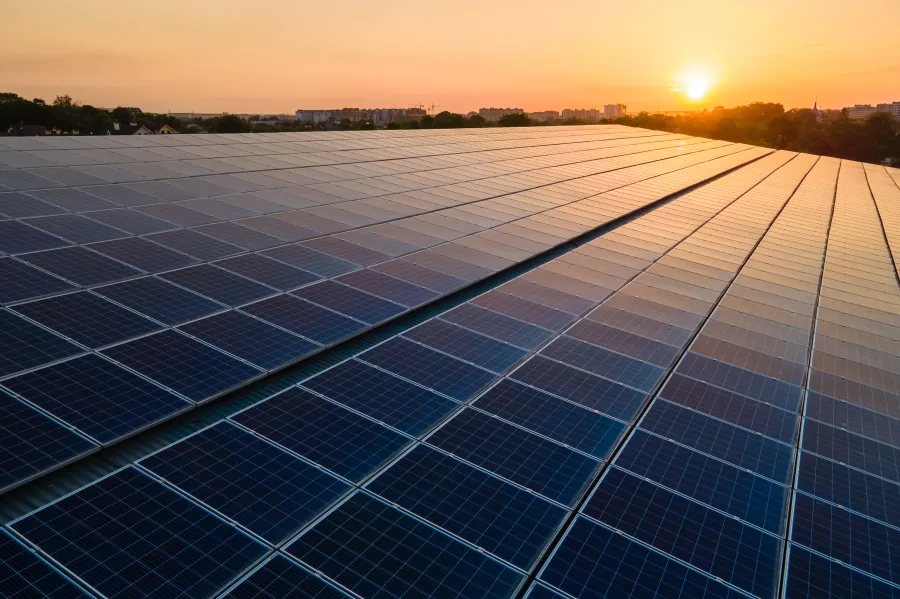
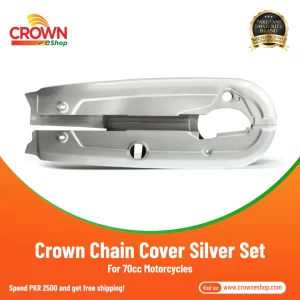



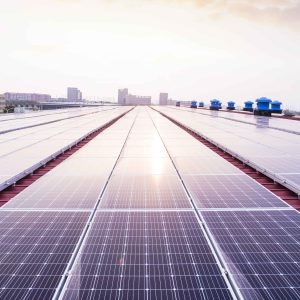


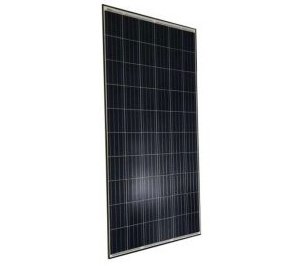

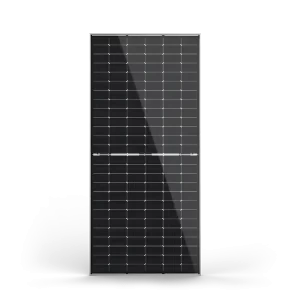
Reviews
There are no reviews yet.